The Oregon Fish and Wildlife Commission’s new policy may indeed be an ‘historic action’—it has more to do with the past than the future
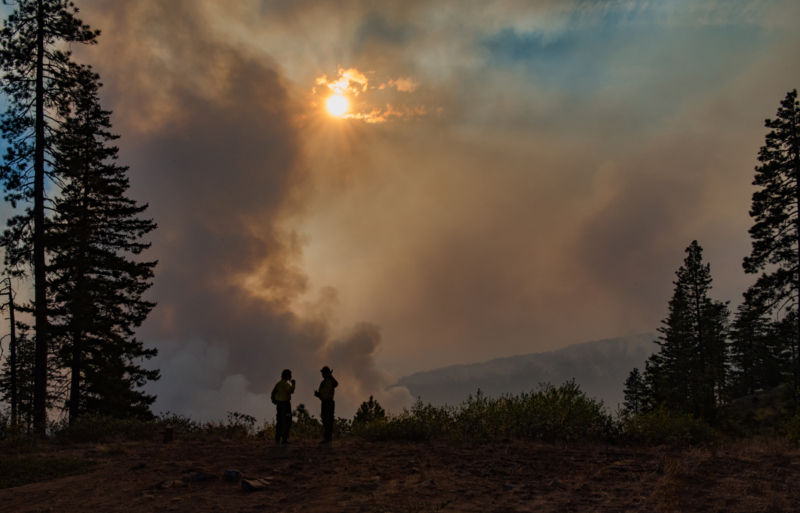
Specter vision: Absent genuine action, climate change means wilderness fires will become even more devastating. Photo by Jurgen Hess
By Chuck Thompson. July 16, 2020. For anyone comforted by last week’s announcement that the Oregon Fish and Wildlife Commission has adopted a trailblazing new climate change policy, here are two words—don’t be.
Calling itself “the first state fish and wildlife commission in the nation to adopt such a measure,” ODFW heralded its “historic action” as the kind of government stroke desperately needed as the planet warms and wildlife copes with environmental duress.
In reality the proclamation is 2,825 words of finely tuned bureaucratic prose and admin non-speak.
There’s a pledge to develop a plan with a goal for ODFW operations (facilities, vehicles, equipment, etc.) to become carbon neutral by some unspecified point “mid-century.” And a call for better coordination with other state agencies and stakeholders.
Otherwise, the department’s Climate and Ocean Change Policy presents little that is new.
And not a single specific action for battling the great existential crisis of our time.
The policy has been in the works for more than two years but its release coincides with another attention-grabbing state dictum on climate change.
As a response to Governor Kate Brown’s March 2020 Executive Order on Climate Action—EO 20-04 directs state agencies to reduce and regulate greenhouse gas emissions—the Fish and Wildlife Commission policy reads more like it’s designed to fulfill an organizational mandate than it is to protect the environment.
Calling yourself a leader doesn’t make you one
ODFW’s Draft Climate and Ocean Change Policy begins by acknowledging, “Earth’s climate and oceans are changing because of activities that emit greenhouse gases into the atmosphere.”
That’d be a nice place to start in 2006, the year An Inconvenient Truth was released. Or even 1988, the year the Intergovernmental Panel on Climate Change was established by the United Nations to formulate response strategies to climate change.
Firmly stating a belief in climate change in 2020 feels a little quaint. And the circumspect tiptoeing around the fact that “human” activities are contributing to climate change (the word is carefully avoided) is similarly behind the times.
Regardless, in no fewer than six places the document asserts ODFW will assume a “leadership” role in the state’s fight against climate change. Yet it outlines no plan for doing so.
Instead it’s filled with obfuscating rhetorical doozies indigenous to breakout room ideation sessions: “Management goals, strategies, and actions will consider (the) long view, but allow for near-term conservation, utilization, or transition in an adaptive management approach.”
Fine, but isn’t that what ODFW and just about everyone else is already doing—worrying about the future while acting in the interests of the present?
With apologies to fish and wildlife
If ODFW’s announcement of the new policy is meant as a balm for public concerns it isn’t helping.
Neither are sections that address wildlife management.
Policy: “The ability to utilize fish and wildlife for harvest or viewing is dependent on the health of wild populations. Conservation and use are not mutually exclusive, and can be fully integrated through risk management that scales use appropriately to avoid undermining conservation.”
Translation: “Whatever environmental problems arise in the future, we’re gonna keep on hunting and fishing.”
That’s not a serious climate change policy. That’s a defense of the status quo.
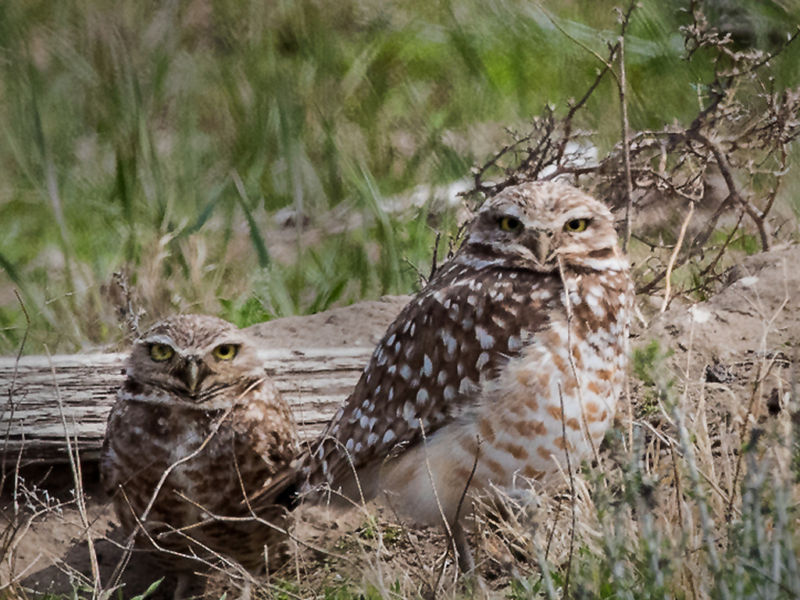
Looking tough: Audubon climate models predict burrowing owl could lose 77% of their breeding range. The owls are a species of concern in Oregon and Washington. Photo by Jurgen Hess
Other sections offer an even more dismal view of the department’s leadership vision for climate change.
Acknowledging that “in some instances … the impacts of climate change and ocean conditions are practically irreversible,” the draft document states ODFW will prioritize conservation actions for species with the best chances for surviving habitat change.
It goes on to say it will “assign lower priority to actions where projected habitat changes caused by climate and/or ocean change are likely to exceed native species’ ability to persist.”
Given warming water temperatures across the Columbia River Basin and overall worsening conditions for ocean-going species, one could fairly interpret that last line as a future rhetorical defense for raising the white flag on the protection of salmon and other anadromous fish species.
It’s easy to imagine the quote from some as-yet-unborn mid-century ODFW manager: “Hey, sorry about all the fish, it’s state policy adopted in 2020, there’s nothing we can do.”
We’re on our own
To be fair, the Fish and Wildlife Commission doesn’t have magic powers. It alone can neither institute nor enforce the kinds of foundational changes in public attitudes, commercial practices and governmental regulations needed to reverse the effects of climate change.
In Oregon most wildlife habitat is managed by federal agencies (U.S. Forest Service, BLM), state land managers (state parks, forests), local governments and a lot of private landowners with divergent interests.
The department is simply too entrenched in the prevailing system to disrupt it in any meaningful way.
Furthermore, it’s not realistic to expect a committee-crafted document to make a genuine difference in environmental problems as massive as the ones facing the Columbia River Basin.
[perfectpullquote align=”full” bordertop=”false” cite=”” link=”” color=”” class=”” size=””]ODFW’s new policy reinforces a reality we simply need to live with—government isn’t getting us out of this mess.[/perfectpullquote]
To its credit, ODFW says it’s simply trying to be assess the future through a realistic lens.
“We don’t have unlimited resources as a state or as a department,” Davia Palmeri, ODFW conservation policy coordinator, told Columbia Insight, saying the intent of the policy is intentionally “very high level and very conceptual.”
“The science is clear we will be in situations where no action we take will be able to solve the issue that a species is facing,” she said. “We want to acknowledge that’s a real possibility. And get ready to have that conversation and recognize this will be a conversation that happens within that context. The policy sets up the ability for that conversation to happen but does not predetermine the outcome of that conversation.”
That may be accurate but a policy that merely sets the stage for future tough decisions feels like kicking the climate change can down the road yet again.
In the end, all this “first in the nation” policy does is reinforce a reality we simply need to live with—despite trumpeting claims of leadership, government has neither the will nor the means to get us out of this mess.
If the climate is going to change in the direction we want, it’s up to us to make it happen.
Chuck Thompson is the editor of Columbia Insight.


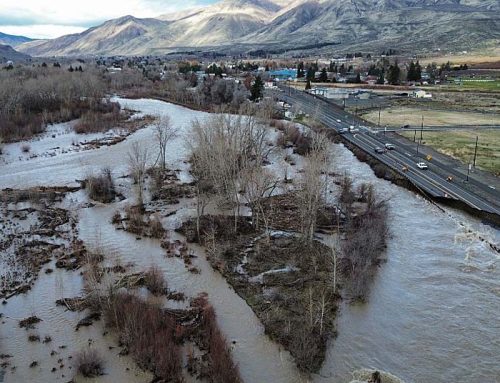
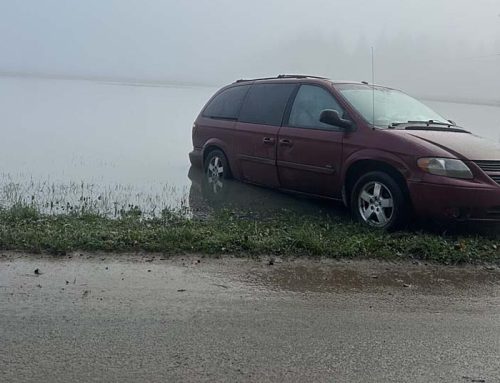
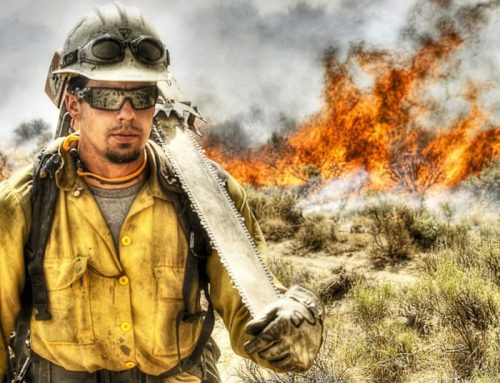
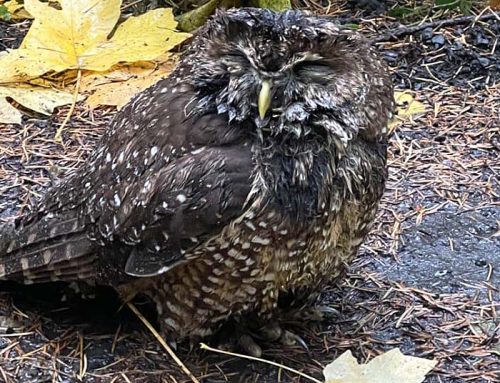
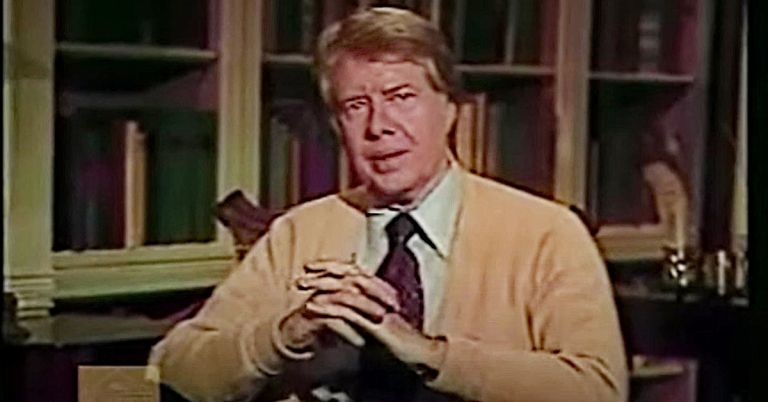
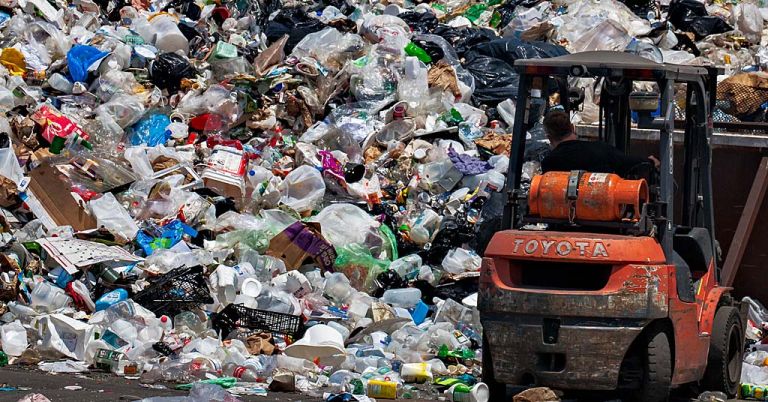
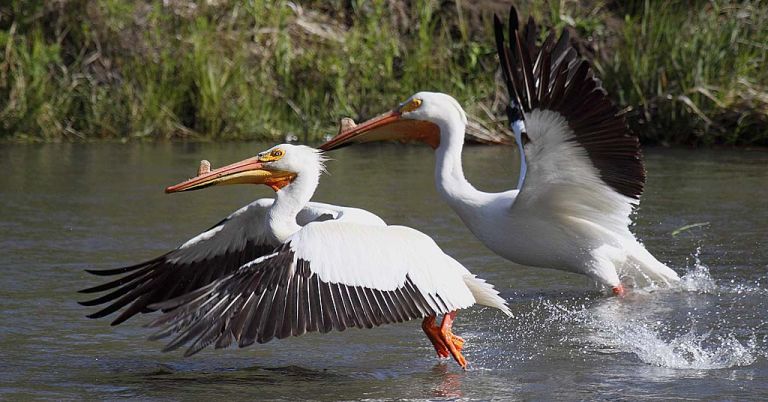



Very eye opening. Thank you.
Thank you for the critical review of the recent Fish and Wildlife Commission adoption of a Climate Change Policy for the Oregon Department of Fish and Wildlife (ODFW).
Our organization was involved in the formation of the so-called “plan” and we offered several very specific recommendations for how ODFW should be implementing their operations and mission-driven programs to address climate change response for the agency.
As a read of the newly adopted policy rules show, they are light on specifics. However, The Conservation Angler believes that this policy now does give the Commission the guidance to ensure future ODFW regulatory schemes and its own internal operations actually do consider the climate change affects as part of the policy development process.
A huge element of ODFW’s implementation will be strengthened if the banished “Habitat Conservation Division” (HCD) is returned to the agency’s portfolio. This will take legislative funding to fully implement, but there will be administrative steps ODFW can (and should) take to rebuild this core function this year and on into 2021.
While we share your opinion of this effort, TCA will not be just letting this new “policy guidance” sit on the shelf like a potted plant.
climate change affects as part of the policy development process.